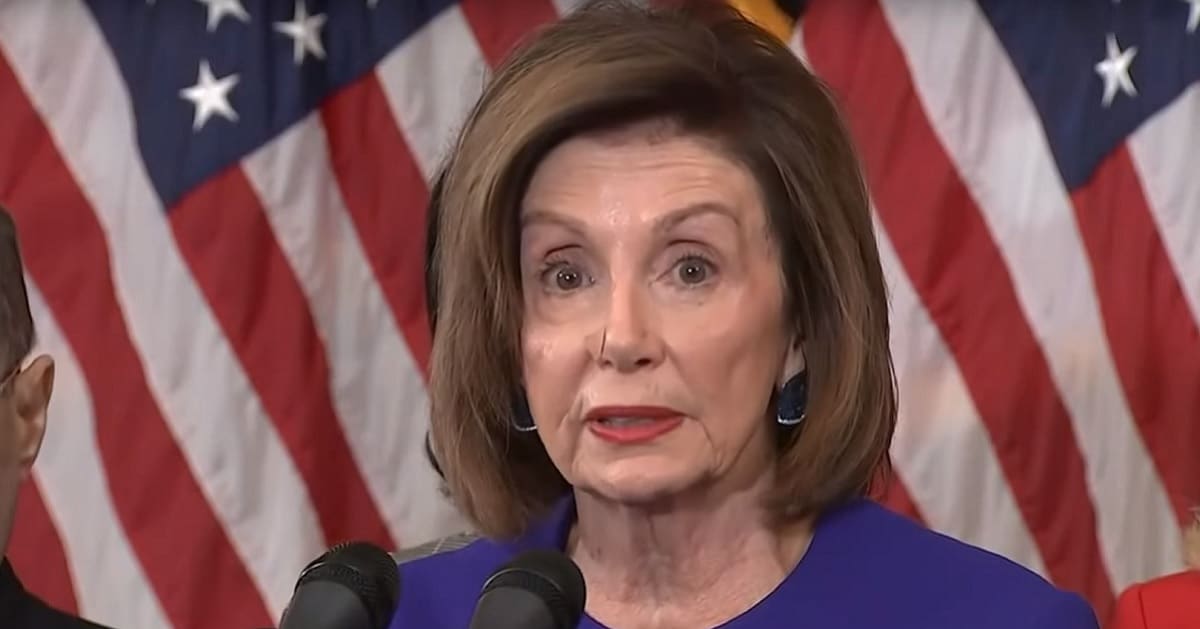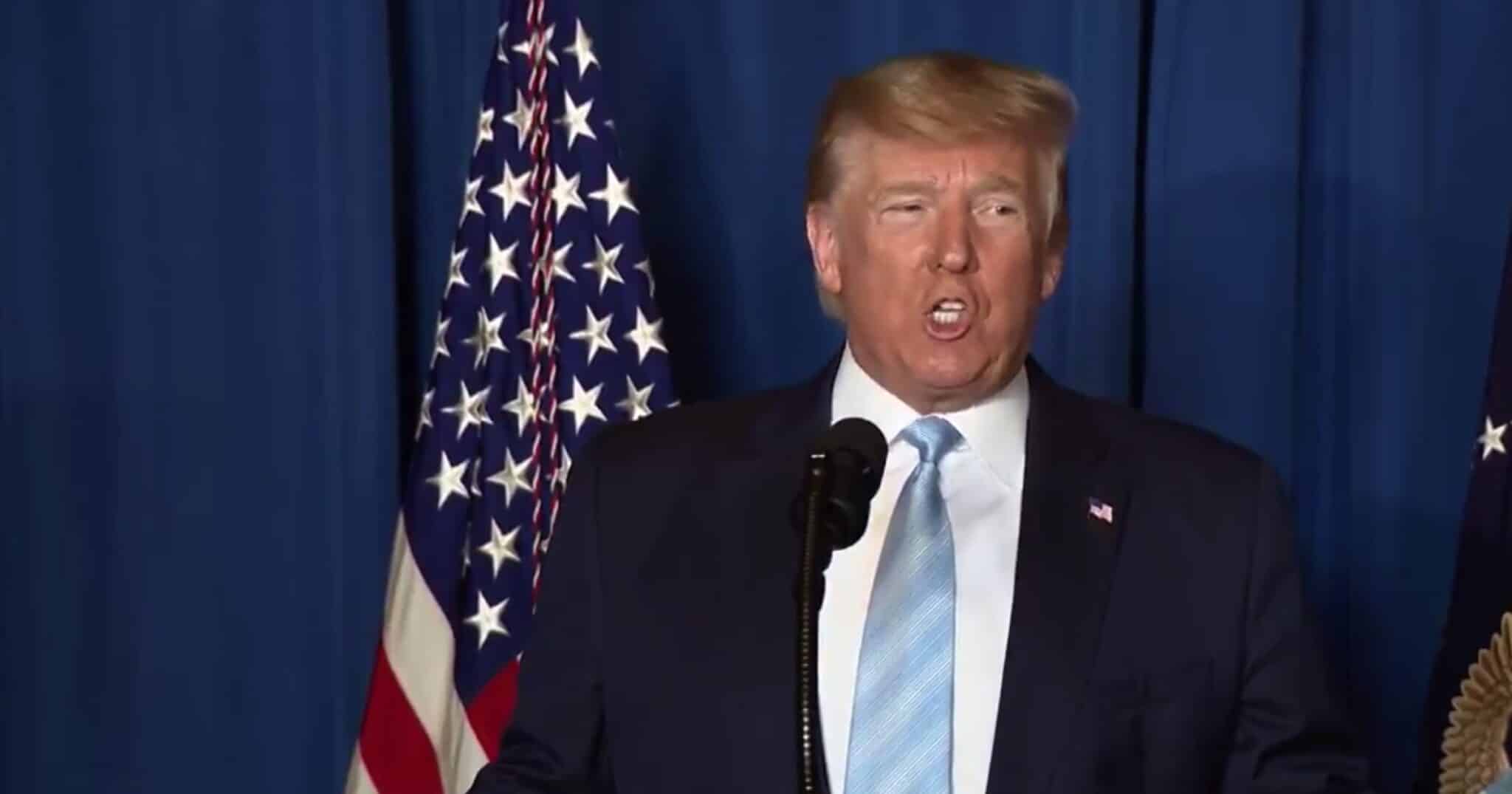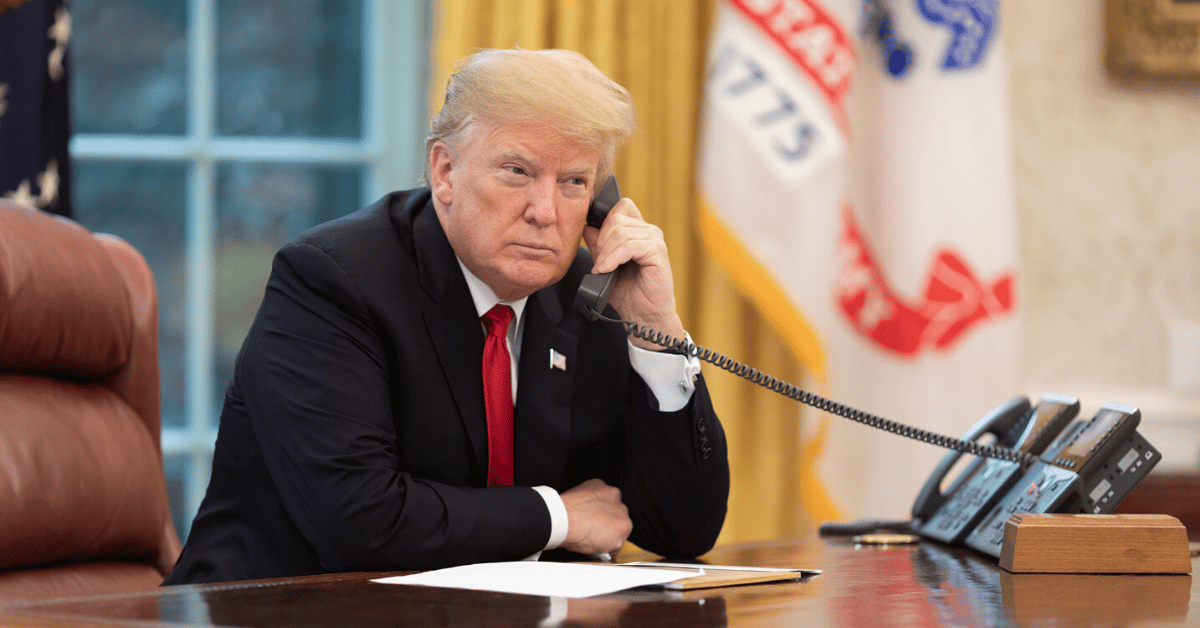




President Biden's campaign has decided to halt the practice of providing media outlets with suggested questions for interviews after it was publicly revealed on national television. This change comes in the wake of heightened scrutiny regarding Biden's cognitive abilities and transparency.
The New York Post reported that this decision was made after Philadelphia radio host Andrea Lawful-Sanders disclosed on CNN that she received a list of eight questions from Biden's campaign before her interview with the President.
Lawful-Sanders' revelation came as a surprise to many and quickly attracted significant media attention. During her interview with Biden, the radio host mentioned that the President made multiple misstatements, including erroneously claiming to be "the first black woman to serve with a black president."
Additionally, Biden also inaccurately stated he was "the first president that got elected statewide in the state of Delaware when I was a kid."
The same day as Lawful-Sanders' interview, Biden stumbled repeatedly during another interview on "The Earl Ingram Show" on WMCS in Milwaukee.
Ingram did not dispute Lawful-Sanders’ account of receiving pre-suggested questions from Biden’s campaign. These interviews were conducted to reassure supporters, particularly the black community, about Biden's capacity to serve another term after a poor debate performance.
The Biden campaign defended their practice by claiming it is common to send interviewers suggested talking points. A spokesperson, Lauren Hitt, emphasized that interview hosts have always been free to ask their own questions.
A source familiar with Biden’s booking operation told The Post on Saturday, “While interview hosts have always been free to ask whatever questions they please, moving forward we will refrain from offering suggested questions.” This statement highlights the campaign's decision to end the practice amid public criticism.
Despite efforts to clarify the intentions behind providing suggested questions, the pre-recorded interviews intensified doubts concerning Biden's cognitive abilities. The disclosure of this practice has led to more questions about his readiness for another presidential term.
During his interview with Andrea Lawful-Sanders, Biden's series of misstatements called into question his ability to communicate clear and accurate information. His claim of being "the first black woman to serve with a black president" was particularly jarring, given its evident inaccuracy.
Furthermore, during his second interview with Earl Ingram, Biden's repeated stumbles did little to alleviate concerns. These missteps were discussed widely, resulting in additional scrutiny from the media and the public alike.
The interviews with the two black radio stations were initially intended to calm fears among Democrats, particularly black supporters, regarding Biden's ability to undertake another term. Following his poor debate performance, the campaign aimed to communicate that it was an isolated incident.
However, the interviews appeared to have the opposite effect, with many left wondering about Biden's overall cognitive health. The strategy meant to rebuild confidence ultimately cast further doubt.
Biden’s spokesperson, Lauren Hitt, continued to defend the campaign's approach, stating that interviewers were always at liberty to ask whatever questions they deemed necessary for their audience. This defense, however, did little to mitigate the public's concern.
In conclusion, President Biden's campaign has ceased the practice of supplying media with suggested questions following public backlash.
The termination of this practice was provoked by the disclosure of pre-submitted questions used in interviews intended to mend Biden’s image following a subpar debate performance.
The interviews, meant to restore confidence, instead amplified concerns over Biden's cognitive ability, ultimately leading to a shift in campaign strategy. Despite the campaign's defense, doubts about Biden's readiness for another term persist among the public.


